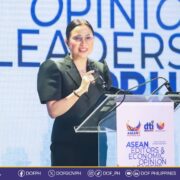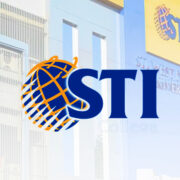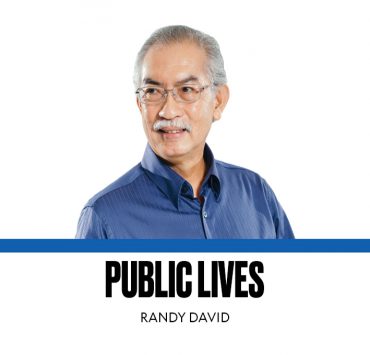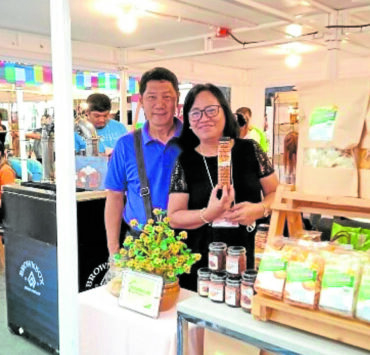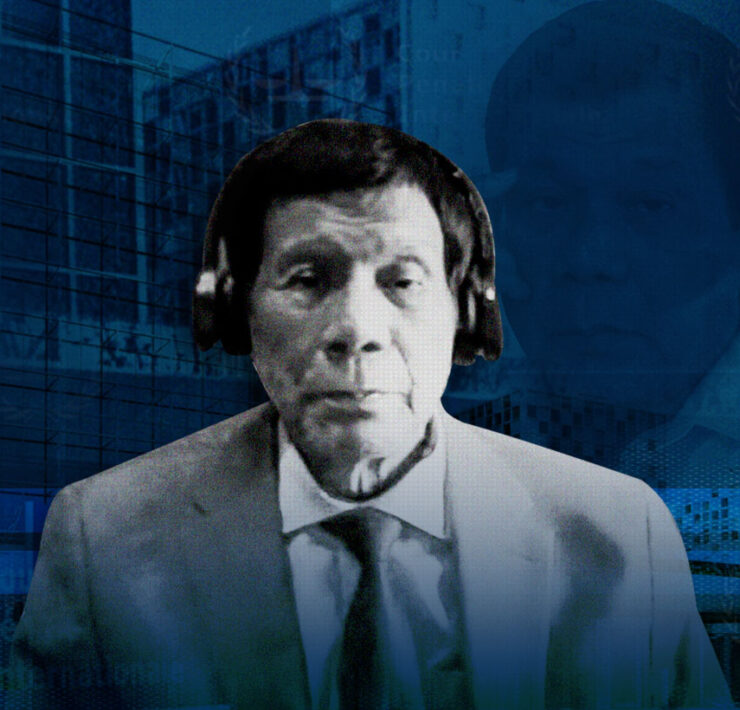Ethical use of AI

The need for the government to craft a national framework for the responsible and ethical use of artificial intelligence (AI) was highlighted after two recent cases involving elected officials demonstrated the drawbacks of using the fast-evolving technology.
Last week, Grace Arago, a councilor from Tuguegarao City, drew flak after a video that went viral showed her inadvertently reading a prompt in what was supposed to be a prayer—cluing the public in that it was generated by AI. Earlier this month, Sen. Ronald “Bato” dela Rosa was criticized for sharing on his Facebook page what appeared to be an AI-generated video featuring students explaining why they did not support Vice President Sara Duterte’s impeachment.
AI is designed to be a useful tool that helps humans be more efficient in performing tasks, but Arago’s case exemplifies the danger that it could lead to complacency and laziness. This does not bode well, especially for students, who could develop dependency on AI and hinder their ability to develop critical thinking and other learning skills, such as drafting a simple prayer or an authentic speech. Dela Rosa’s reposting of an AI video, on the other hand, is a presage of how the technology could be used in spreading disinformation and misinformation. And if it is promoted by someone like Dela Rosa, a senator who has 879,000 Facebook followers, the reach is wider and the negative impact on society even worse.
The senator responded to criticisms by cursing his critics and said it was the video’s “message” that was more important, a reasoning echoed by the Vice President. But someone like Dela Rosa, who occupies an elective position, should be more circumspect with their social media activities and not be the purveyor of fake news themselves, considering their influence.
Life-changing
The Marcos administration itself has acknowledged how AI can be used to spread fake news and discredit the government, especially in the President’s upcoming State of the Nation Address. “We will also ask for your help regarding this because the media—social media and mainstream media—is a big help [in spotting] fake news and alert[ing] the people,” Presidential Communications Office Undersecretary and Palace press officer Claire Castro said.
She noted that President Marcos has already approved the National AI Strategy for the Philippines (NAIS-PH), which was crafted by the Department of Science and Technology in May. Except for motherhood statements, however, there has been scant information available about this important policy.
No doubt that AI has become an integral part of everyday life—smart home devices, apps like Google Maps and Waze, and biometrics such as facial recognition on phones. It detects fraud in banking, filters the spam in emails, navigates autonomous vehicles, influences the algorithms of social media feeds and streaming platforms, and a myriad of automated tasks across industries. It has been literally life-changing in the medical field, extending people’s lives and improving their health.
Democratic values
Ethical questions, however, have emerged alongside AI’s growth and development. While governments must invest in research and development, they must also balance innovation and regulation to mitigate potential risks. The Stanford University paper, “How should governments act to ensure AI is developed and used responsibly?” addressed the two key problems at the core of the AI debate: “Policy-making often takes time, and once rules are codified, they are inflexible and difficult to adapt. Or, put a different way, AI moves quickly and governments move slowly.”
The United States, for example, issued the “Blueprint for an AI Bill of Rights” in October 2022. This is a set of principles that were crafted by legal scholars, AI technologists, and the White House to assist state policymakers in ensuring that AI governance aligns with the objectives laid out in the blueprint. The blueprint itself states that AI systems “should be designed, developed and deployed according to principles that bolster democratic values, protect civil rights, preserve civil liberties and ensure privacy.”
Community notes
What is more immediate for the Philippines at the moment, given Arago and Dela Rosa’s cases, is to educate the public not only on the ethical use of AI but also on distinguishing AI-generated content and whether it is based on facts. Social media platforms such as X allow users to contribute community notes, while others like TikTok and Instagram have AI tags. These are necessary tools for the Filipino public, whose social media engagement is high but whose media literacy is very poor.
And while awaiting the implementing guidelines on NAIS-PH, the government must issue a policy on the use of AI for government officials. Instead of promoting the misuse of AI technology, these government officials should lead by example by demonstrating its benefits—not harm—for the greater good.







